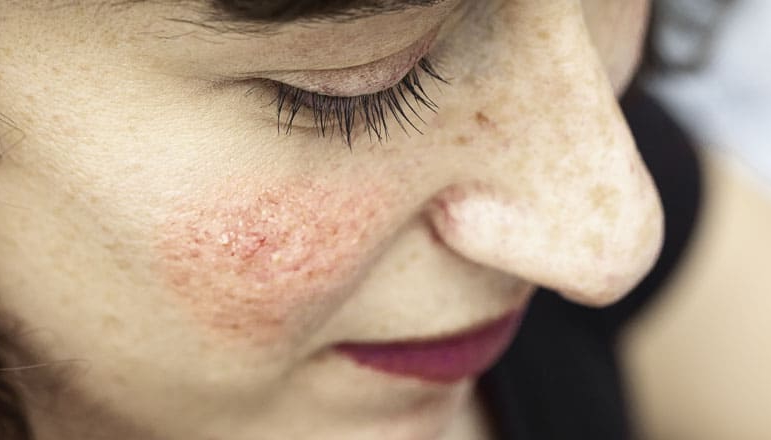Best Clinical Treatments for Different Acne Types
- Written by NewsServices.com

One of the most prevalent skin diseases today that affects many people is acne. Everyone can recall a time when they struggled with acne and the undesirable appearance it gives the skin. Many people are concerned about this skin condition, and the best way to handle any issue is to be fully informed about it. As a result, this article will describe the many types of acne, its causes, and treatments.
What is Acne?
Although this perception of the skin ailment acne as a pimple is not incorrect, there is still more to acne than most people realise. A skin ailment called acne is brought on by clogged skin pores. The skin's pores are crucial for effective functioning because they control body temperature and other skin processes, according to an analysis of how the skin works.
What Clogs Pores Result in Acne?
Acne has several causes, some of them are as follows:
-
Hormonal fluctuations: As the body goes through different phases, some hormones produce varying amounts. Acne-like skin conditions are brought on by these variations. Pregnancy, menstruation, and other stages are examples of times when hormone variations occur.
-
Excessive sebum production: Hormonal changes may also be to blame. The oil that the skin excretes, known as sebum, has a tendency to clog skin pores.
-
Dead skin cells and bacteria: Dead skin cells, which are distinguished by closed pores, are produced as a result of continuous exposure to UV radiation from sunshine. Additionally, bacteria build up and block skin pores.
Various Acne Types
Although there are several varieties of acne, there are just two main categories:
-
Non-inflammatory acne: This type of acne is distinguished by enlarged, blocked pores without any accompanying pain. Sebum, hormone changes, and bacteria are some of their potential causes. These types of acne fall within this category:
-
Whiteheads: Although they have clogged pores, whiteheads have open pores and show no signs of pain.
-
Blackheads: Unlike whiteheads, which have closed, clogged pores, blackheads have open, unclogged pores.
-
-
Inflammatory acne: This type of acne is distinguished by red, swollen, clogged pores that, occasionally, turn infected. Additionally, germs, sebum, and dead skin cells are the culprits. This category of acne includes nodules, cysts, and papules along with papules, which are small, red, sensitive bumps without pus, and pustules, which are nodules with pus.
Treating Acne: Effective Methods
Here are some top-notch measures used in treating acne:
-
Microdermabrasion: also known as skin needling, this treatment is used to remove dead skin, break down bacteria build-up, and oil/sebum production.
-
LED blue light therapy: This treatment uses deep penetrating LED blue rays to kill bacteria that build up in the skin and stimulate skin cells for faster healing. LED light therapy helps the skin automatically heal when rejuvenating.
-
Cosmetic grade peels: These chemical peels help polish and repair the skin’s appearance, thus, cleaning off existing acne.
Conclusion
Since acne is a skin condition that can affect everyone, it's important to understand the different types of acne and the best way to treat them. Fortunately, this article has described the many types of acne while classifying them for simple understanding and the different approaches of treating acne. A specialist skin clinic should be consulted for advice on the best therapeutic approach to take when treating acne.







